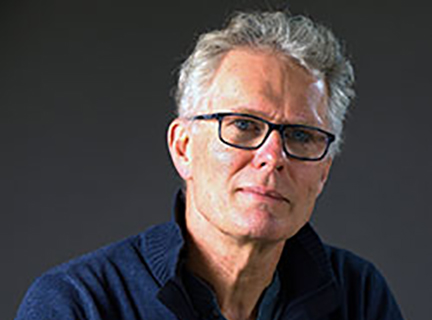Contrasting artificial intelligence with human intelligence: In search of alternatives for the future of AI
- Share
- Share on Facebook
- Share on X
- Share on LinkedIn

Jeudi 2 Mai 2019
Jean-Louis Dessalles is associate professor at Telecom Paris (Institut Polytechnique de Paris). He graduated from Ecole Polytechnique and from Telecom Paris. His research is mainly in artificial intelligence and cognitive science. He designed an original theory, Simplicity Theory, which offers a formal account of relevance and interest. He also found a model that provides a non-cooperative explanation of honest communication and of prosocial behavior. He authored several books, including Why We Talk (Oxford Univ. Press 2007), La pertinence et ses origines cognitives (Hermes Sciences 2008), Le fil de la vie (O. Jacob 2016, with two coauthors) and recently Des intelligences très artificielles (O. Jacob, 2019).
Réalisation technique : Antoine Orlandi | Tous droits réservés
Some artificial intelligence techniques were recently able to scale up, provoking what many consider as a technical revolution. However, the type of AI that proved so successful in the past decade relies on the exploitation of massive data, and is limited to narrow domains of expertise. By contrast, human intelligence is very efficient at making broad inferences from limited evidence. I will highlight a few qualitative differences between artificial intelligence and human intelligence. These differences are mainly due to a small set of cognitive operations, such as contrast or simplicity detection, that human beings perform on the fly. I will also suggest that attempting to bridge the gap between these two forms of intelligence might be the best way to improve artificial systems in the future.
Document joint : dessalles_lig_2019.pdf
Date et Lieu
Jeudi 2 Mai 2019 à 14h00
Amphithéâtre du bâtiment IMAG
Organisé par
L'équipe Keynote du LIG
Nicolas PELTIER
Renaud LACHAIZE
Dominique VAUFREYDAZ
Intervenant
Jean-Louis DESSALLES
Telecom Paris – Institut Polytechnique de Paris
- Share
- Share on Facebook
- Share on X
- Share on LinkedIn